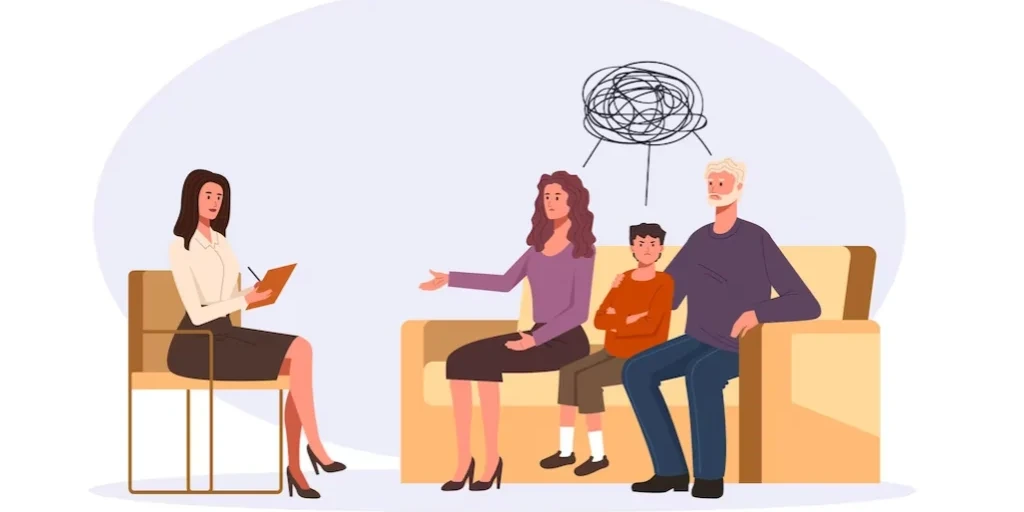24/7 Helpline:
(866) 899-111424/7 Helpline:
(866) 899-1114
Other Insurance Options

EmblemHealth

GEHA

Optum

Regence

WellPoint

Meritain

Lucent

Coventry Health Care

Evernorth

Amerigroup

Medical Mutual of Ohio

CareSource

Magellan

Health Partners

Ceridian

Absolute Total Care

Private insurance

Multiplan

CareFirst

AllWell

Maple Moon
Maple Moon Recovery is a world-class addiction treatment center that offers personalized care and lu...

Josselyn Center
Josselyn Center, located in Winnetka, Illinois, is a mental health care and addiction recovery facil...

Footprints Behavioral Health
Footprints Behavioral Health - Elkwood Street offers inpatient and outpatient services for individua...













